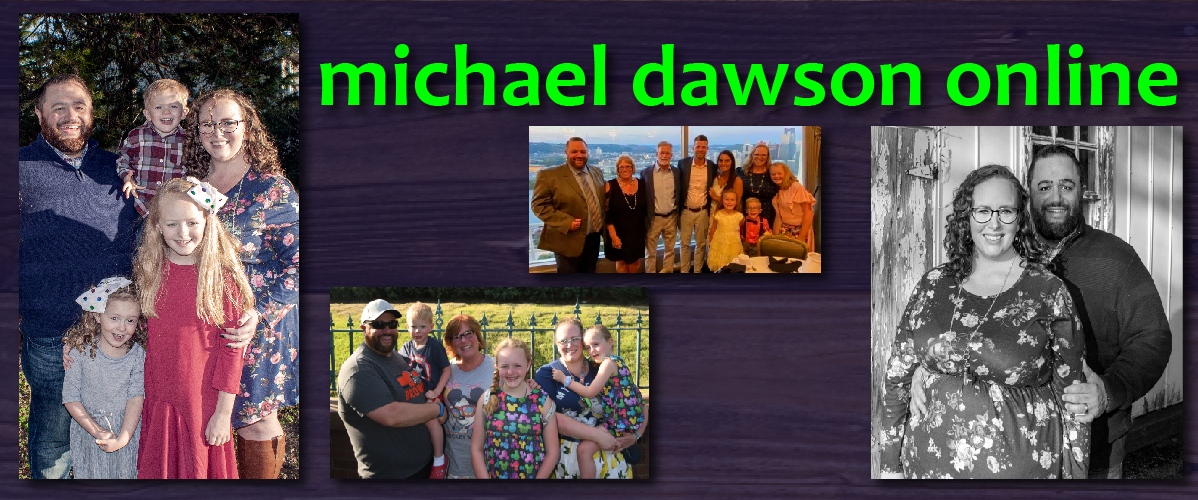Below are my thoughts from the daily
Bible reading of the West Side Church of Christ. Today’s reading comes from Job
6-9. Before reading I invite you to pray and asked God to speak to you as you
read His Word. Also above in the tabs is a link to the Bible reading plan.
What Does This Passage Say?
- Again we find Job speaking. He is sharing the deep pains of his heart. We can certainly understand how much he is hurting. How would you feel if you lost everything, your health, your children (all 10 of them?), your wealth, and your servants?
- We also see Job say something along these lines … “Yes, I am questioning God, yes, I am attributing these hardships to God’s will, but never am I accusing God … “Despite the pain, I have not denied the words of the Holy One”(Job 6:10 NLT).”
- In addition, Job looks back to his friend and acknowledges that his help, his advice that we read about in Job 4 & 5 wasn’t really all that helpful … in fact it was a little accusatory.
- After addressing his pain, his heart, and his friend’s response, Job turns to God. Job cries out and pours out his hurt and his heart to God. Job is very raw in his honesty before God.
- Next speaks Bildad, another one of the three who came to comfort Job. Again this is a discussion I struggle with. I have read the end of the book, and I know what God says to these three friends of Jobs. I have also read what they say. And what they say sounds good in places, but then God speaks harshly to them. This leaves me confused. I know this, like Eliphaz, Bildad is not as helpful to Job in his hour of need as a good friend should be.
- Job responds to Bildad with a beautiful proclamation of who God is. Job, while hurting, has a great understanding of the almighty.
What is This Passage Teaching?
- This passage is laying out for us the discussion between Job and his friends. This discussion sets up a response from God that causes God to proclaim fully who He is. That will come in time.
How Can I Apply this Passage to my Life?
- When a friend is hurting, how do you respond? Are you helpful, or are you accusatory. Do you comfort first and then try and help them work through the why questions so they don’t have to repeat it. Sometimes the first and best thing to do is to simply be there for them instead of solving their problems. Sometimes comfort trumps the need for fixing.

No comments:
Post a Comment